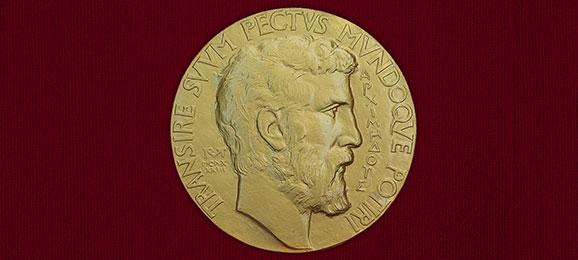"We should get away from orchestrating artificial competition"

Publish or perish is an incentive system that produces too much nonsense, says economist Mathias Binswanger. Interview by Roland Fischer
(From "Horizons" no. 106, September)
Picture: © Wikimedia Commons
Prof. Binswanger, you write that science is engaged in the production of ‘nonsense’. Just how much nonsense, exactly?
I fear it’s producing more nonsense than sense. This has to do with the perverse incentives that are supposed to create ‘excellence’.
What’s wrong with researchers striving for excellence? What’s wrong with competition?
There’s nothing wrong with it, as long as competition is linked to a functioning market. If that’s the case, there’s an incentive to produce what consumers want. In science, however, there’s no direct demand – at least not in basic research. So artificial indicators are defined instead. Behind this is the idea that there has to be a means of measuring good science in quantitative terms, such as by the number of publications.
“It’s an illusion to think you can manage science by using measurement data”
But we’ve got to measure things somehow, so that we know who to fund.
I have my doubts about that. As it stands currently, we have to ask the fundamental question: Why should we measure anything? It’s always being claimed that the public sphere wants it. But does the public really want ever more publications in scientific journals that are mostly written just to get a good ranking? It’s an illusion to think you can create good science from above by using measurement data. I’m convinced that today’s system of incentives is a hindrance to genuine scientific progress.
In what sense?
The incentive system has a negative impact on researchers’ motivation – there’s hardly any incentive left to work for a long time on something or to pursue a ‘big idea’. It’s actually natural for a good researcher to want to find out new, fundamental things and to seek original approaches to problems. But in order to support this natural drive, above all we have to create the proper conditions.
So now we’ve recognised the problem, all we’ve got to do is adjust the incentives and find a better balance between quality and quantity, is that right?
If we took that to its logical conclusion, we’d end with a kind of black box – an opaque system that no one can understand anymore, least of all the researchers themselves. What we have to do, I believe, is to stop orchestrating artificial competition in science completely.
Is the situation equally bad in all research fields?
It’s actually different from one discipline to another. But the principle is the same everywhere. For example, large sections of the social sciences – including economics – are so far removed from reality that much of their research can only be described as ‘art for art’s sake’. This is also the case with supposedly empirical research and experiments. At best, the system of incentives serves only to increase the number of publications. But rarely do they offer results that are interesting or profitable.
Mathias Binswanger is an economist at the University of Applied Sciences of North-West Switzerland. He will deliver a keynote speech at the conference ScienceComm on 25 September 2015.